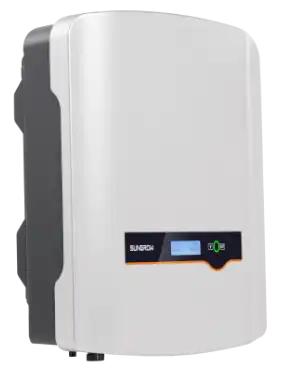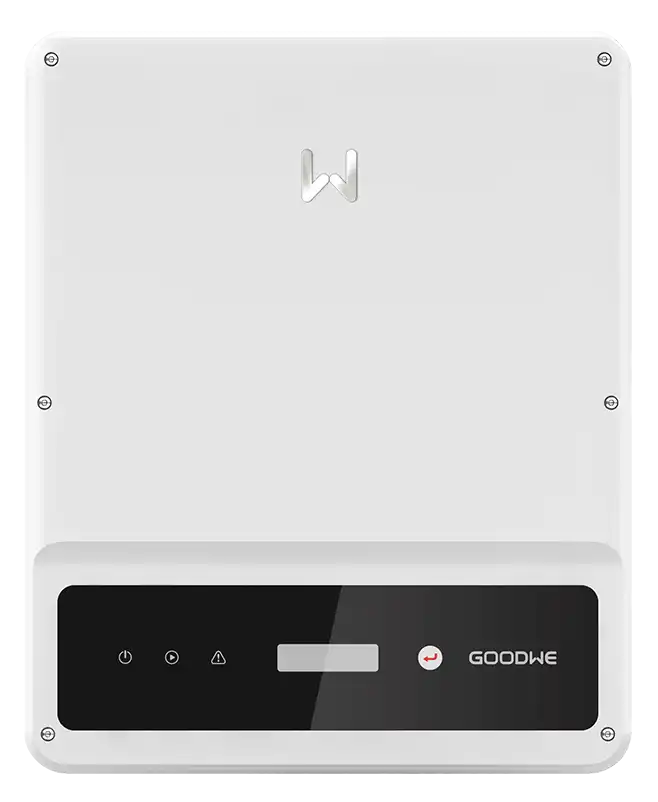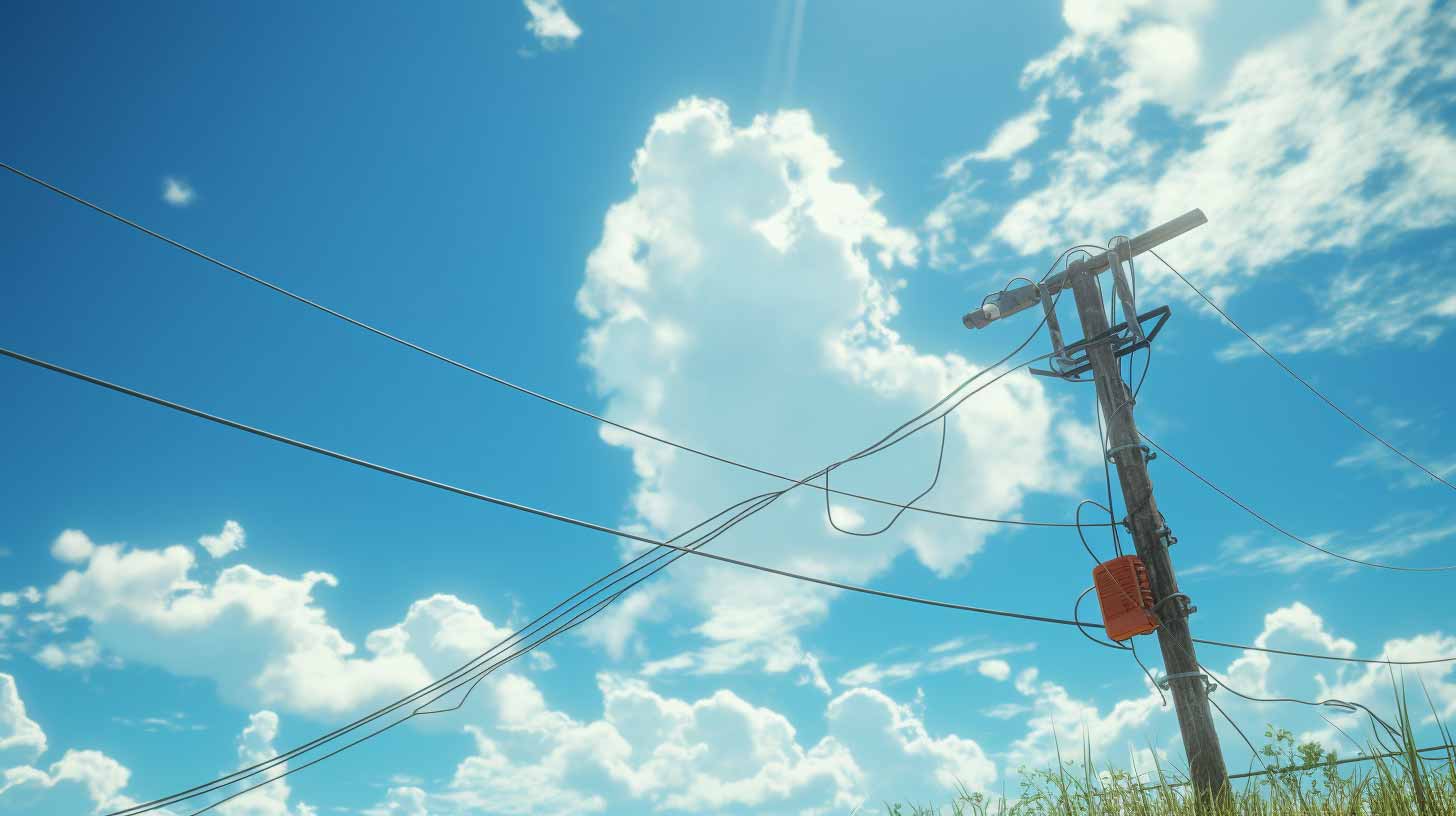Are you looking to invest in the best-value solar inverter for your home in Australia in 2024? Look no further! In this article, we look at both the Sungrow and GoodWe solar inverters.
Sungrow
For a cost-effective option without compromising quality, Sungrow inverters are highly recommended. With their single-phase, three-phase, and hybrid inverters, Sungrow offers a range of options to suit different needs. The inverters come with a 10-year warranty, providing peace of mind for homeowners. However, it’s worth noting that the monitoring app for Sungrow inverters has received mixed reviews. Some users have found it to be lacking in functionality and user-friendliness. As an alternative, Solar Analytics can be used to monitor Sungrow inverters.

Overall, Sungrow is a budget-friendly brand with a good reputation for solid products. While there have been some reported issues with noise and temperature monitoring errors, the 10-year warranty and compatibility with Solar Analytics software make Sungrow inverters a popular choice among installers.
Sungrow offers good support at a budget-friendly price, making it an excellent option for those looking for value. Whether you need assistance with installation, troubleshooting, or any other issues, Sungrow has you covered with its commitment to customer satisfaction.
GoodWe
GoodWe, a rising hardware manufacturer in Australia’s solar inverter market, has gained recognition for its reliable and affordable products that are easy to install and perform as advertised. While reviewers generally appreciate the hardware quality, they point out that the accompanying app could benefit from enhancements. Some users find the app’s information a little basic and lacking in detail compared to other options. Despite this, the app’s limitations are not considered a deal breaker. GoodWe has taken a positive step by ensuring compatibility with Solar Analytics software, offering an alternative monitoring solution through a separate license.

GoodWe’s warranties have recently been extended to an impressive ten years. It’s worth noting that, like many manufacturers, GoodWe also has exclusions for certain accessories in the warranty coverage, which some users find questionable, especially when internet dongles are necessary for warranty maintenance.
Installers’ Perspective
Consider the importance of installers’ perspectives when selecting a solar inverter brand. As an installer, they play a critical role in determining the best inverters for your home. When deciding, it is essential to consider the market share and sales volume of different brands. This information can give you insight into the popularity and reliability of each brand.
Additionally, the impact of rebates and incentives should not be overlooked. Certain brands may offer more attractive incentives or rebates, which can influence your choice. By carefully considering these factors, you can ensure that you offer your customers the best solar inverters that meet their needs and provide them with the most value for their investment.
At Lamora Energy, we don’t commit ourselves to a single brand or product. We’ll come to your home and undertake a complete analysis to determine the system that will work best for you and your unique circumstances. Be wary of installers who only sell one brand or product – it might not be the best fit for your needs. Book a free solar assessment with Lamora Energy today.
Mixing Batteries from Different Suppliers
If you’re considering mixing batteries from different suppliers in your solar energy system, it’s essential to proceed with caution due to potential imbalances in battery performance.
Smart management systems are crucial in ensuring that the batteries work together efficiently. These systems help monitor and control the flow of electricity between the batteries, preventing any potential issues arising from using batteries with different specifications or capacities. Without proper management, there is a risk of one battery overpowering the other, leading to an imbalance in performance and potentially compromising the overall efficiency of the system.
To avoid this, it is recommended to consult experts (like us!) with experience in multiple battery setups and understand the technical complexities involved. By implementing smart management systems and seeking professional guidance, you can optimise the performance of your solar energy system while mitigating the potential imbalance in battery performance.
Frequently Asked Questions
How do I choose the right solar inverter for my needs and requirements?
When choosing a solar inverter, there are several factors to consider. First, think about your specific needs and requirements. Consider the inverter’s efficiency, which determines how well it converts DC electricity to AC. Look for a warranty of at least five years, preferably 10, and consider brands with Australian support.
Are there additional costs associated with purchasing a solar inverter, such as installation or maintenance fees?
Yes, additional costs are associated with purchasing a solar inverter, such as installation fees and maintenance costs. Installation fees can vary depending on the complexity of the installation and the size of the system. It is recommended to hire a professional installer to ensure proper installation and avoid any potential issues. Maintenance costs may include regular inspections, cleaning, and potential repairs. It’s important to consider these costs when budgeting for your solar energy system.
Can I upgrade or expand my solar panel system without replacing the inverter?
You can upgrade or expand your solar panel system without replacing the inverter. To ensure compatibility with future expansion, it’s essential to choose an inverter that supports multiple strings or has expandable capacity. This will allow you to add more solar panels to your system without needing a new inverter. It’s recommended to consult with a solar professional to determine the best options for your specific setup.
How do I know if a solar inverter is compatible with my solar panel system?
Consider these factors to determine if a solar inverter is compatible with your existing panel system. First, check the inverter’s specifications to ensure it supports the same voltage and power capacity as your panels. Additionally, consider the type of inverter (string or micro) and the communication protocol used. If unsure, consult a professional installer who can provide specific troubleshooting tips and advice based on your system’s requirements.







